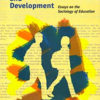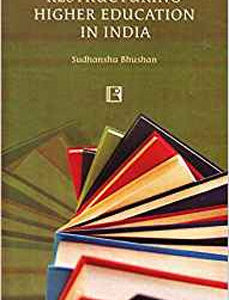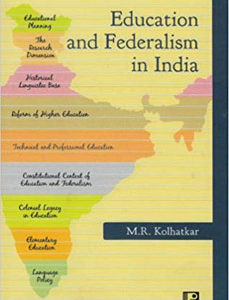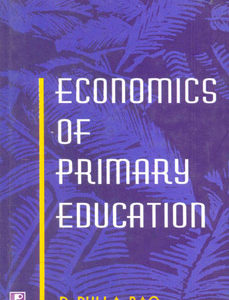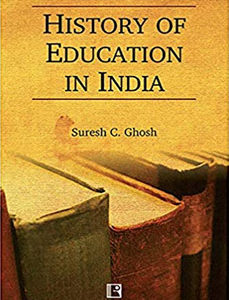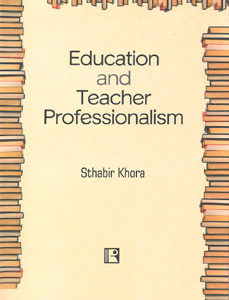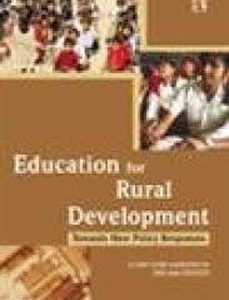EDUCATION OF ADOLESCENTS FOR DEVELOPMENT IN INDIA: The Case of Doosra Dashak
₹1,195.00 Original price was: ₹1,195.00.₹956.00Current price is: ₹956.00.
25 in stock
Adolescents in India are estimated to be 230 million and will play a major role in determining the size and growth pattern of India’s population. It is estimated that nearly one-third of them have remained unschooled. The data suggests that the group, with inadequate education on matters relating to health, is at increasing risk of contracting STD and HIV/AIDS. While this idealistic age group has tremendous potential, there are hardly any integrated, holistic programmes for their development.
“Doosra Dashak” (DD) has attempted to address this critical age group in a region marked by fragile ecology and low social development indicators. The DD process essentially consists of residential training camps for adolescent participants which aim at providing integrated basic education and convey the ideology of DD – holistic education for leadership through organized action to achieve the goals of equality and social justice.
Drawing from the DD experience, the study concludes with a conceptual analysis of the relation between three major dimensions that have contemporary relevance in development literature: life skills and livelihood, issues of scale and significance, sustainability and the formation of people’s organizations.
This study will provide a platform for exchange of ideas among practitioners, policy makers, academics and activists engaged in similar efforts with adolescents in rural areas.
| Author's Name | |
|---|---|
| Binding | |
| Release Year | |
| Language | |
| Publisher |
Related products
Education
Education
Education
Education
Education


